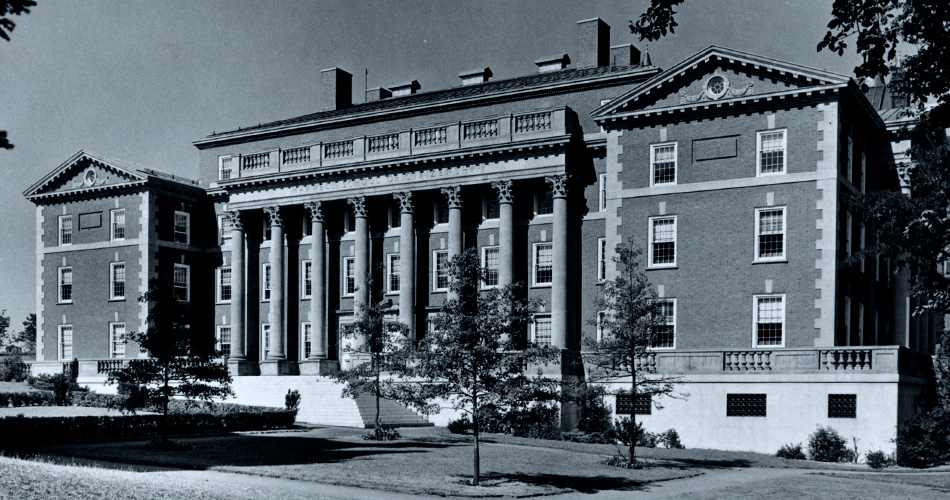Political Parties as Drivers of U.S. Polarization: 1927-2018
Virtual
Add to: Outlook, ICal, Google Calendar
Moynihan Institute of Global Affairs
Trade, Development and Political Economy presents
Political Parties as Drivers of U.S. Polarization: 1927-2018
The current polarization of elites in the U.S., particularly in Congress, is frequently ascribed to the emergence of cohorts of ideologically extreme legislators replacing moderate ones. The authors present a multi-dimensional voting model and identification strategy designed to decouple the ideological preferences of lawmakers from the control exerted by their party leadership. Applying this structural framework to the U.S. Congress between 1927- 2018, they find that the influence of leaders over their rank-and-file has been a growing driver of polarization in voting, particularly since the 1970s.
Francesco Trebbi
Professor
University of California - Berkeley
Bernard T. Rocca Jr. Chair
Francesco Trebbi is the Bernard T. Rocca Jr. Chair and Professor at the University of California, Berkeley Haas School of Business and Research Associate at the National Bureau of Economic Research. His main area of research is political economy. More specifically, he works on political institutions and their design, elections and political campaigns, behavior in legislatures, campaign finance, lobbying, banking and regulation, political economy of development, corruption, ethnic politics, and intra-state conflict. He has several publications in top general-interest economics journals.
For more information, please contact Devashish Mitra, dmitra@syr.edu or to request additional accommodation arrangements, please contact Morgan Bicknell, mebickne@syr.edu.
Open to
Public
Contact
Accessibility
Contact to request accommodations

We’re Turning 100!
To mark our centennial in the fall of 2024, the Maxwell School will hold special events and engagement opportunities to celebrate the many ways—across disciplines and borders—our community ever strives to, as the Oath says, “transmit this city not only not less, but greater, better and more beautiful than it was transmitted to us.”
Throughout the year leading up to the centennial, engagement opportunities will be held for our diverse, highly accomplished community that now boasts more than 38,500 alumni across the globe.